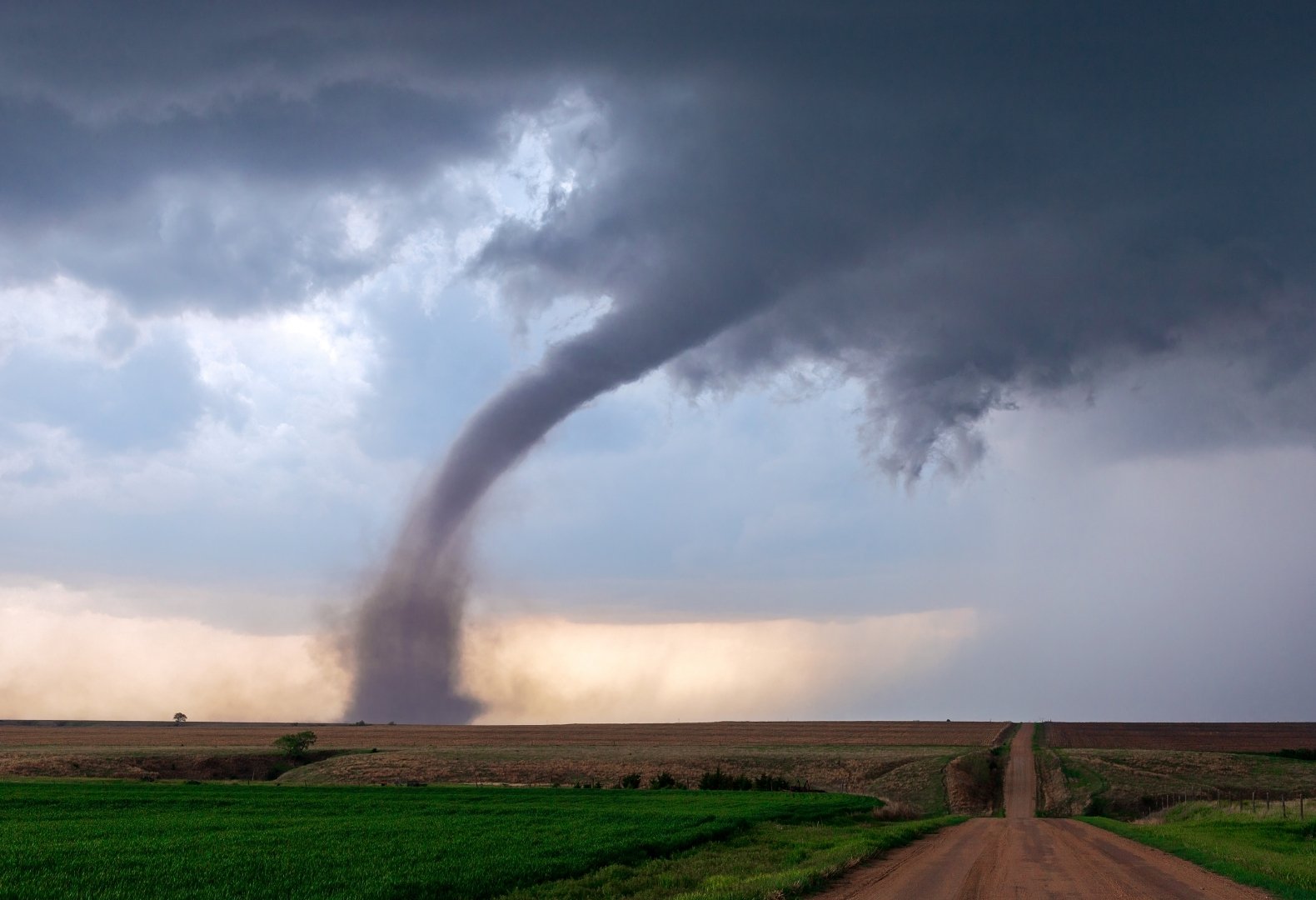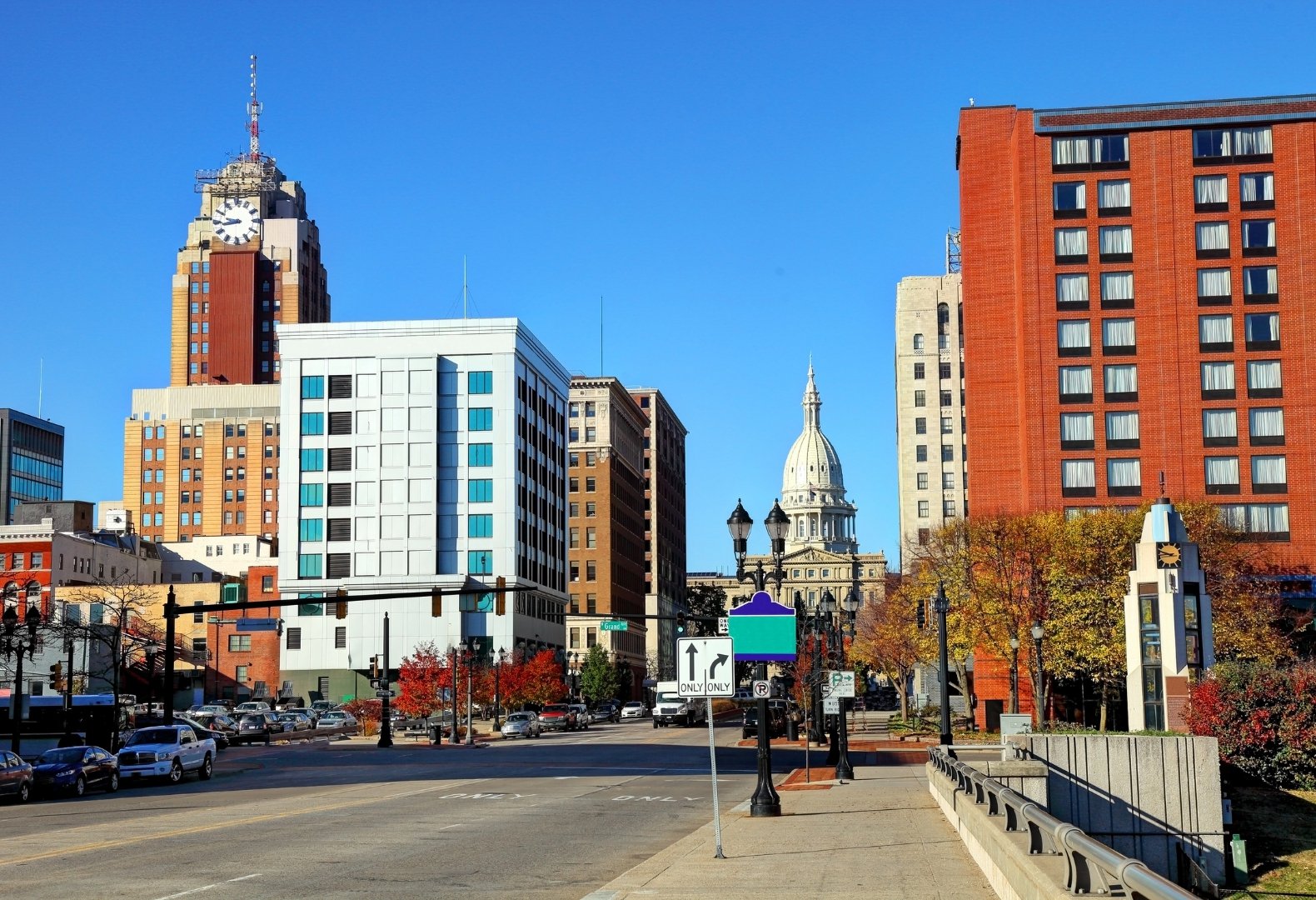When a tornado sweeps through a town, the damage it leaves behind is not just emotional and physical. It is also financial, logistical, and deeply tied to how well your insurance claim is managed. But for rural and suburban properties, especially large commercial buildings or multi-family complexes, tornado damage claims processes often fall short, leaving you or your tenants homeless and your business struggling to stay open.
From patchwork inspections to lowball settlements, policyholders in less-populated areas face unique obstacles. Worse yet, these gaps are rarely accidental. Tornado damage claims are frequently undervalued by insurance carriers. In areas with fewer adjusters or less local scrutiny, those undervaluations often go unchecked.
Let’s explore why this happens, how rural and suburban geography impacts insurance response, and what can be done to ensure tornado damage claims reflect the true scope of loss.
Rural and Suburban Areas: A Gap in Insurance Infrastructure
Insurance carriers operate where the volume is highest. That means most of their infrastructure, including in-house adjusters, engineers, and contractors, is concentrated in urban or high-density regions. When a tornado strikes outside these zones, the claim process suffers from limited access to qualified professionals and delayed response times.
Common issues for tornado damage claims in rural or suburban settings include:
- Surface-level inspections that miss deeper structural shifts, like displaced trusses or cracked foundations
- Undertrained third-party adjusters who overlook pressure-induced damage or signs of water intrusion
- Delays that increase the risk of microbial contamination and secondary losses

Tornadoes are complex, high-pressure weather events. Even if a funnel cloud doesn’t make direct contact, peripheral winds and sudden pressure drops can damage roofing systems, wall seams, and internal structures. Properties need experienced adjusters who can properly identify and document these types of damage.
According to the Office of Program Policy Analysis and Government Accountability (OPPAGA), areas that lack experienced adjusters tend to see more errors and undervaluations in property damage claims. This dynamic leaves many rural property owners settling for less than what their policy entitles them to.
Water Damage: The Hidden Result of Tornadoes
While wind and debris grab headlines, water damage is often the most expensive and overlooked consequence of a tornado. A compromised building envelope allows water intrusion, which leads to microbial contamination inside insulation, walls, and ceiling cavities.
Despite policies that typically cover these types of losses, tornado damage claims are frequently underpaid when water intrusion is dismissed as cosmetic or pre-existing. The effects may not be visible immediately, which makes early, expert inspection critical.
Certified professionals in IICRC Water Damage Restoration and Structural Drying are trained to:
- Identify sources of intrusion linked to the tornado event
- Document internal damage that may not be visible to the untrained eye
- Establish cause and effect between storm exposure and water-related losses
This expertise is essential for submitting a complete and defensible tornado damage claim. Facility managers, property management companies, and contractors must treat water damage as a core component of their storm recovery protocol and not as an afterthought.
Lack of Local Expertise Delays Recovery
In urban centers, an insurance carrier might have adjusters on-site within hours. In rural or suburban areas, the timeline is different. It may take days or even weeks before a claim is fully assessed. In that time, secondary losses escalate.
Smaller communities also face a lack of access to engineers, forensic roof inspectors, and microbial remediation specialists. Without these experts on hand, tornado damage claims are often based on incomplete inspections and outdated assumptions.
Moreover, many rural contractors are unfamiliar with complex commercial or multi-family systems. This can lead to patch repairs and misdiagnoses that compound over time. Meanwhile, policyholders face increasing costs that may not be reimbursed later.
Property managers and contractors should be proactive:
- Hire their own specialists to verify structural and water damage
- Keep detailed, time-stamped photographic records
- Insist on a full-scope evaluation of roofing, structural framing, mechanical systems, and internal spaces
This approach helps ensure tornado damage claims are built on complete documentation, not rushed evaluations.
The Documentation Gap in Rural Tornado Damage Claims
Another challenge faced by property owners in rural and suburban areas is a lack of proper pre-loss documentation. Insurance companies often use the absence of clear pre-event records as an excuse to reduce or deny tornado damage claims. In urban markets, proactive maintenance and inspections are more common due to competitive leasing and regulatory requirements. In rural zones, documentation is often less prioritized.

That’s why creating a paper trail before a loss occurs is crucial:
- Maintain dated photos of all major building systems
- Record regular inspection and maintenance activities
- Archive receipts, invoices, and contractor reports
When a claim is submitted, this historical context can support the assertion that damage was caused by the tornado and not prior wear and tear. It becomes especially important when dealing with structural damage or moisture-related losses.
A Quick Word on Carrier Behavior
Insurance companies have a well-documented history of minimizing payouts, especially after severe weather. As Jay M. Feinman notes in Delay, Deny, Defend, some carriers operate in ways that delay claims processing and undervalue losses. It’s worth noting that rural and suburban policyholders often face these issues more acutely due to their isolation and limited access to recovery resources.
The National Association of Insurance Commissioners (NAIC) continues to report that delays and underpayments rank among the top consumer complaints for property damage claims each year.
Final Thoughts: Build a Stronger Claim from the Start
Tornado damage claims in rural and suburban properties are often undervalued due to logistical challenges, lack of access to qualified experts, surface-level inspections, and poor documentation practices. For commercial and multi-family properties, this can result in massive financial gaps and extended downtime.
Document thoroughly, work with certified professionals, and don’t settle for the first estimate. Preparation, persistence, and the right expertise make all the difference.
Velocity Public Insurance Adjusters is certified through the IICRC in Water Damage, Structural Drying, Fire Damage, and Smoke Damage. We specialize in uncovering the full scope of storm-related damage and helping policyholders like you get the resolution you deserve. Contact us today to schedule a a free, no-obligation, claim and policy review.
Claim Services We Provide
Velocity Public Insurance Adjusters handles a variety of claim types for both commercial and residential property losses: weather-related damage, theft and vandalism, fire and smoke damage.
Members of
Velocity Public Insurance Adjusters is a Certified Firm with the IICRC.
IICRC Certified Firms are known for their high level of technical experience and professionalism.
With the rapid increase in consumer calls due to the demand for mitigation and restoration projects,
Certified Firms are working in the field every day and have unmatched expertise in complex restoration projects.
Client testimonials
Don't take our word for it, see what our clients are saying about us.
Contact us
Schedule a free, no-obligation, claim and policy review. Every property claim is different, and we'd like the opportunity to provide you with an assessment of your unique situation.
- Indiana
- Kentucky
- Michigan
- Ohio
- Iowa
- Wisconsin
- South Carolina
Use of Information Purpose: We use your information to send mobile messages and respond to your inquiries as necessary. This may involve sharing your information with platform providers, phone companies, and other vendors who assist in message delivery.
Protection of Information: We do not sell, rent, loan, trade, lease, or otherwise transfer for profit any phone numbers or customer information collected through the SMS program to any third party.
Disclosure: We may disclose your information if required by law, regulation, or governmental request, to avoid liability, or to protect our rights or property.
Choices and Controls Consent: Consent to receive automated marketing text messages is not a condition of any service we provide.
Opt-Out: You can opt out of receiving further text messages via the Messaging Service by responding to any of our text messages with any of the following replies: STOP, END, CANCEL, UNSUBSCRIBE, or QUIT.
Your Responsibilities Accurate Information: Ensure that the information you provide is accurate, complete, and truthful. Do not use a false or misleading name or a name you are not authorized to use.
Consequences: If we believe the information provided is untrue, inaccurate, or incomplete, or if you have joined the program for ulterior motives, we may deny you access to the program.












